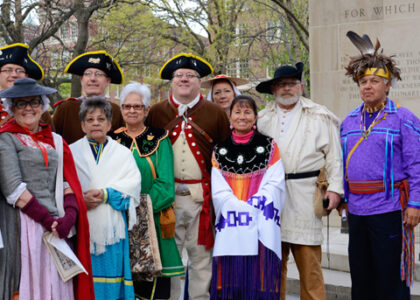As you explore the rich tapestry of American history, you might find yourself intrigued by the story of George Washington Bush, an influential pioneer whose legacy is deeply embedded in the heart of Washington State. Born in Pennsylvania in 1790, Bush was a free African American who embarked on a journey that would cement his place in history as one of the first settlers in the Pacific Northwest.
Bush’s journey westward began in 1844, when he and his family joined a wagon train bound for Oregon. At the time, the Oregon Territory was a beacon for those seeking new opportunities, but it was also fraught with challenges, particularly for African Americans. Despite the restrictive laws of the time that prohibited African Americans from settling in Oregon, Bush, a man of remarkable determination and resilience, pushed forward.
With the assistance of his close-knit group of friends, the Bush-Simmons party, he decided to settle north of the Columbia River, in what is now known as Tumwater, Washington. This decision was pivotal not only for Bush and his family but also for the future of the region. In 1845, Bush and his companions established the first American settlement north of the Columbia River, paving the way for future settlers and the eventual development of Washington Territory.
Bush’s contributions were not only in pioneering settlements but also in cultivating the land. His farm became a thriving enterprise, producing a bountiful harvest that supported his family and the burgeoning community. His success was a testament to his hard work and agricultural expertise, which helped sustain the early settlers.
Throughout his life, Bush’s integrity and generosity earned him the respect and friendship of both his fellow settlers and the local Indigenous communities. He was known for his fair dealings and was a crucial figure in fostering peaceful relations in the area.
The legacy of George Washington Bush extends beyond his pioneering achievements. His story is a powerful reminder of the challenges faced and overcome by African Americans in the early years of American expansion. Today, his contributions are celebrated as a vital part of Washington State’s history, and his story continues to inspire those who learn about his life.
As you reflect on Bush’s journey and the obstacles he surmounted, consider the broader historical context of his time. His life is a window into the complexities of race, migration, and settlement in 19th-century America. The resilience and determination of Bush and his family are emblematic of the pioneering spirit that shaped the nation.
Today, the legacy of George Washington Bush is honored in various ways, including landmarks and institutions that bear his name, serving as a lasting tribute to his enduring impact on American history.





